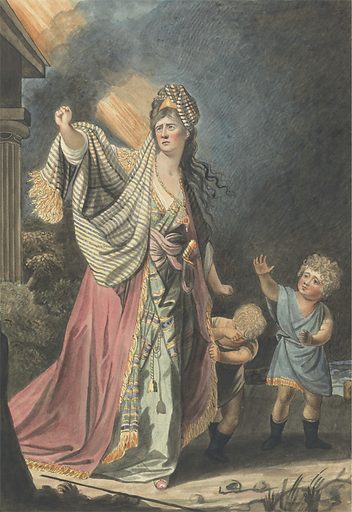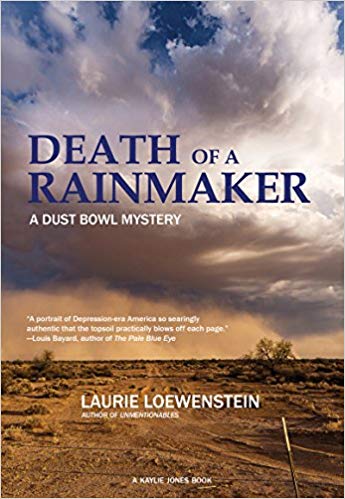57 years ago today, President John F. Kennedy was shot and killed while riding in a motorcade in Dallas, TX just before he was scheduled to speak at a luncheon filled with Texas-based business owners. The alleged assassin, Lee Harvey Oswald was arrested at a movie theater a short time after. Claiming to be a patsy, Oswald denied his involvement in the assassination, even after hours of questioning at the Dallas police station. Two days after JFK was killed, Oswald joined him, shot dead by a local strip joint owner (and low-level mob associate) Jack Ruby on live television.
Months after the assassination, the U.S. government released its official "investigation" of the murder, assembled by a commission headed by Chief Justice Earl Warren. The Warren Report, as it is known, has since been held up as both the final word about what happened, and a completely fictional account of what happened, utlized to satisfy a thirsty public.
Years later, the U.S. government would contradict some of the findings of the Warren Commission and admit that, in all likelihood, JFK's murder was a conspiracy: meaning more than one person was involved in the plot. Since then, an entire community of assassination researchers have used FOIA requests, interviews, and expert witnesses to get at the truth behind JFK's assassination.
In this 2-part special, I spoke with two such experts in the research community. Part 1 is a conversation with Larry Hancock, an author and historian who has been researching the JFK assassination for the past 30 years. Part 2 will be released tomorrow.

If you have lingering student debt, this podcast episode is for you! Anthony Manza is a student loan consultant with the National Student Loan...

This is Episode 6 of a 9-episode discussion of John Gardner's often overlooked, but important and timely treatise "On Moral Fiction." On Moral Fiction...

In this first episode of “So Let It Be Written,” I speak with Laurie Loewenstein about her latest novel “Death of a Rainmaker,” which...